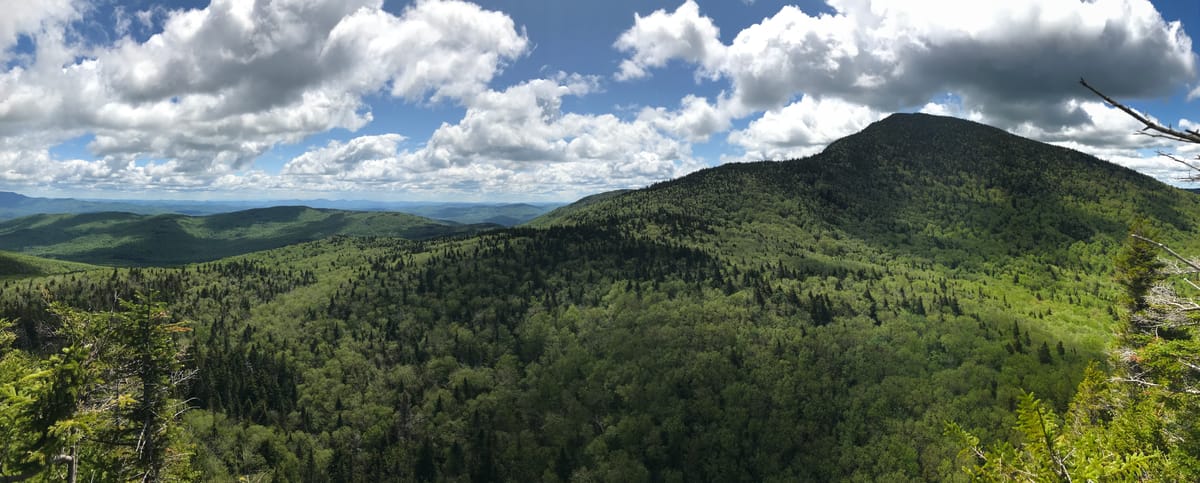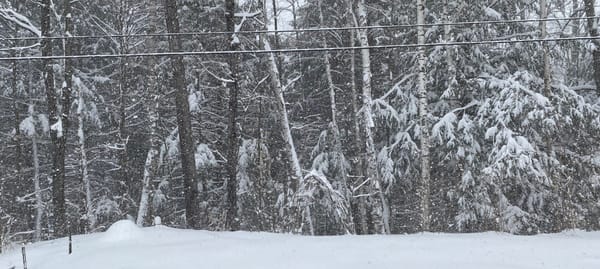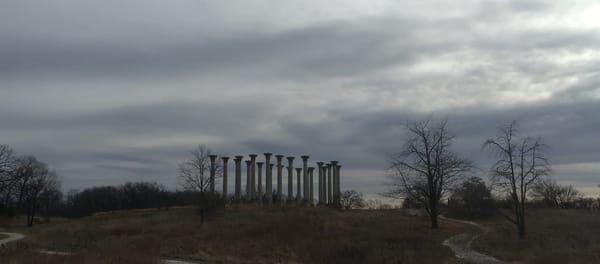Happy Birthday
As a birthday gift to myself, I'm sharing this 400 word micro-essay.

Today I am 36. As a birthday gift to myself, I'm sharing this 400 word micro-essay. I am proud of it, and I would like to note that this newsletter is not a journal–the tone here is more melancholy than I feel today but a birthday is a good reason to share it.
A person’s cells die and replace themselves every seven years, and in this way as I turn thirty-six I inhabit an altogether different human body than the one I had at age twenty-nine. Yet I will be the same, replenished of my necessary and constituent parts.
There is a vortex of philosophical and existential mystery swirling beneath this fact of human physiology. If my cells have each shut down and been replaced something like five times over, what is the thing that persists and holds my memories? Age six, moving to a new town where I keep my bunk beds but get my own room. Twelve, watching the news while my English teacher explains that she is breaking the rules because the administrators by turning on the television , while the administration has forbidden the teachers from turning on the news, we will watch the coverage of the towers collapsing and the Pentagon burning. Twenty, falling in love. Twenty-five, falling apart.
Nostalgia is a byproduct of the unceasing forward cadence of the world. Nostalgia precedes judgment of good and bad, valuable or ephemeral, worthy or unworthy. Freeze tag in the social hall library on a Friday night; sneaking out after curfew at camp or at home; the gnawing of heartbreak at age seventeen. It is not the singular significance of individual moments, but the unadorned truth of time’s passing at all. It is the irretrievability of these less-weary or less-wary versions of myself, wearing more comfortably the garment of my life, knowing less, hoping for more, caring about everything.
Yet each of these memories was created by a body entirely different from the one I sit remembering in right now. What through-line contains them? They must not live in individual cells. Do they live in the spaces between, superimposed on a network of neural connections?
And why limit the question of cellular decay to the category of remembering we call “memories”? How about language, or geography, or the knowledge passed to me by my mother about how to roast a chicken in the fragrant style of the Italian Jews? Olive oil, rosemary, black pepper, garlic.
Remembering is the unmapped place where poetry and science break bread.



